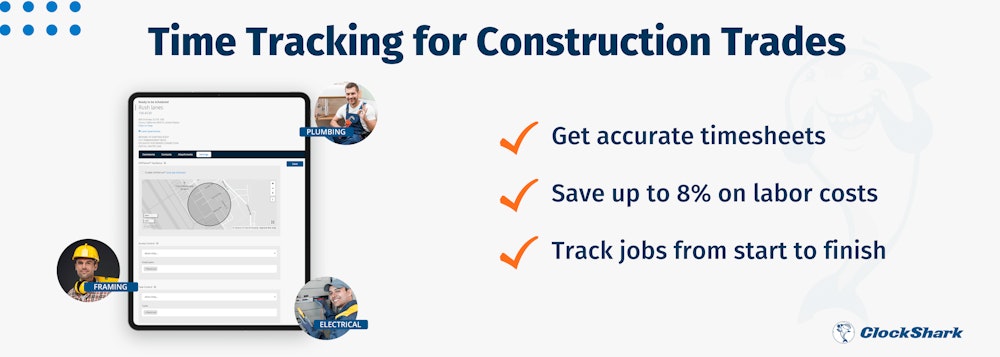Contractors are usually quick to submit variation claims to the client asking for additional time and/or money. These claims are a result of changes and additions that the client has made to the works, or because the conditions which could have been expected on the project are different (more adverse) than those actually encountered. But, sometimes the client makes changes, or there are other events, which could shorten the time the contractor takes to complete the project, or which reduces the contractor’s costs.
Very few contractors voluntarily offer to provide a negative variation to the client, one which reduces the project cost or the time to complete the project. Should the client request a price or time reduction this is often met with indignation by the contractor.
How to Get Money Back From a Contractor?
Clients can ask for money back, and in some cases even a reduction in the project duration when:
1. Budgetary purposes
The client has reduced the scope of works from that which is in the contract document. Although, it should be noted that the client can’t remove the scope from the contract for the sole purpose of giving it to another contractor who has offered to do the work at a lower price.
Nevertheless, in certain cases, the client can remove work for budgetary purposes, when planning permissions aren’t received, or because the item is no longer required.
2. Specifications
The client changes the specifications to a lesser specification.
3. Different item or product
The client specifies a different item or product which is cheaper than the original items included in the contract.
4. Not-provided item
The client elects to provide an item which the contractor should have provided.
However, in many cases, depending on the terms of the contract, contractors could be entitled to claim the loss of profit on the removed items, or on the difference between the cost of the original item and the new, lesser cost of the replacement items.
It should also be noted that in all of the above cases if the contractor has already procured items which are now changed they would be entitled to claim the cost of the procured items, or when the items can be returned to the supplier for a refund, then all the costs of handling the item. They could also be entitled to claim their subcontractors’ costs associated with the above.
Clients Can Also Claim Money Back From the Contractor When…
1. Not meeting the requirements
The contractor isn’t able to attain the required quality standards and specifications and the contractor has negotiated a lower rate with the client for accepting the reduced specifications.
2. Item omission
The contractor omitted an item and the client is happy to accept the omission on condition they have reimbursed the cost.
3. Lack of resources
The client has provided materials or resources to the contractor which the contractor should have provided.
4. Extra labor
The contractor has failed to rectify a deficiency as directed by the client and the client has had to employ another contractor to rectify the deficient item.
5. Re-measurable schedule
The contract price was based on a re-measurable schedule (bill of quantities) and the final measurements are less than the quantities originally priced. The contractor is only due payment on the actual final quantities as measured from the construction drawings.
When Can’t a Client Ask for Money Back?
It is important to note that the client can’t ask the contractor for money back if:
- The project has experienced better weather conditions than normal which have enabled the contractor to complete the project in a shorter time.
- The contractor completed the project quicker because their resources were more productive, they used innovative construction methods and techniques, or even just because the construction schedule had more time in it than was required.
- The contractor encountered better ground conditions or fewer interruptions to their work than was anticipated when they priced the project.
- The contractor required fewer resources to complete the work that was envisaged when they priced the project – unless the basis of the contract is that the contractor is being paid according to the actual resources that they are using on the project.
Save Time and Money with ClockShark
Conclusion
None of us likes giving the money back. However, as a contractor, I prefer offering a negative variation before the client finds that they are entitled to money back. Preparing the variation means that I’m in control and it’s not left up to my client to do the calculations. Voluntarily giving the money back establishes our credibility. Invariably the client will eventually find out that the contractor owes them money.
When they do uncover the item they’ll think that the contractor has been deliberately dishonest claiming for work that they haven’t done. In addition, when the client calculates the money due to them they’ll often calculate that there is more money due than if the contractor had done the calculation first and then the contractor will have difficulty negotiating the value down.






